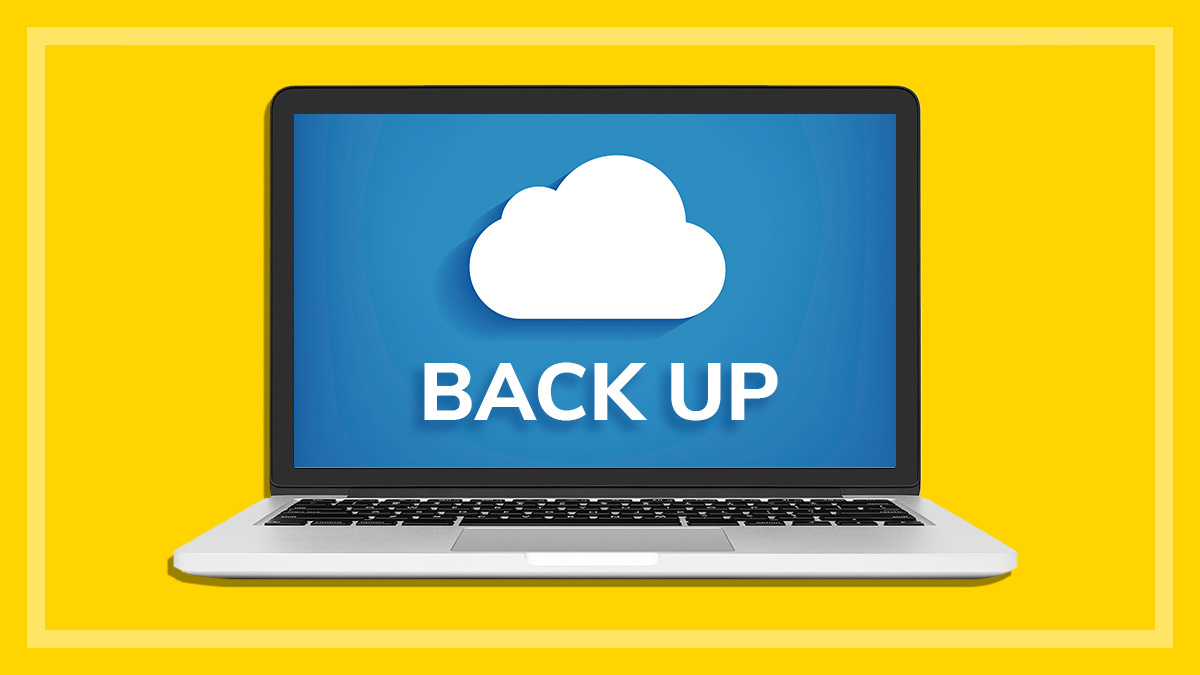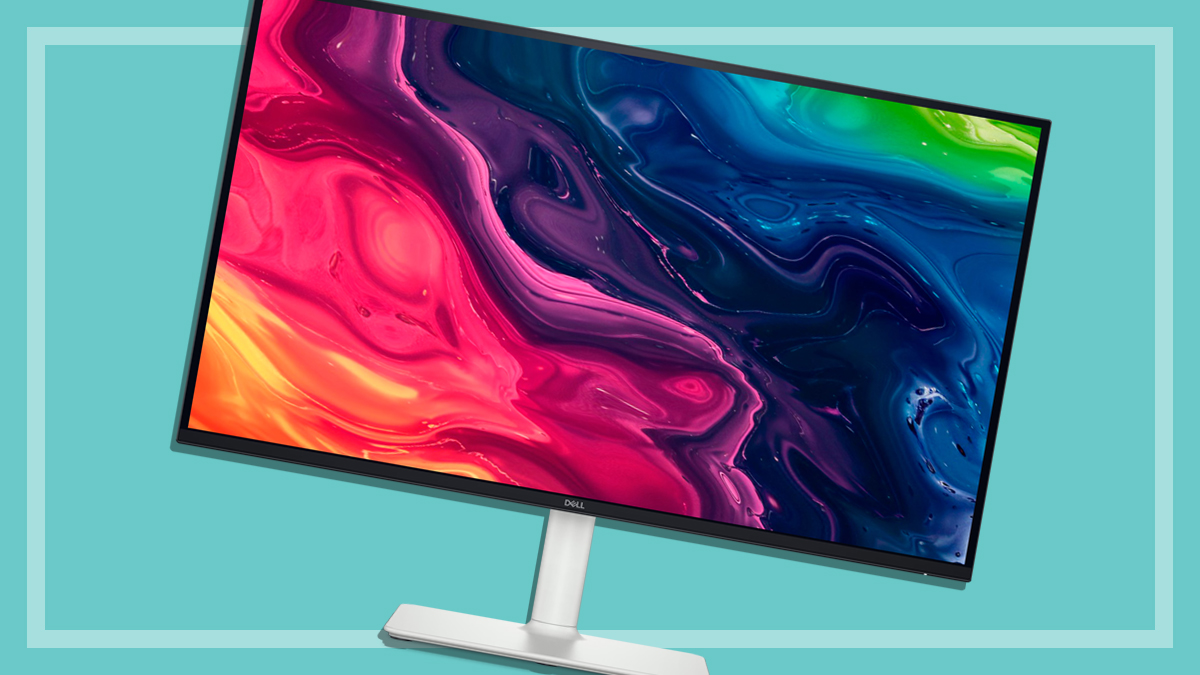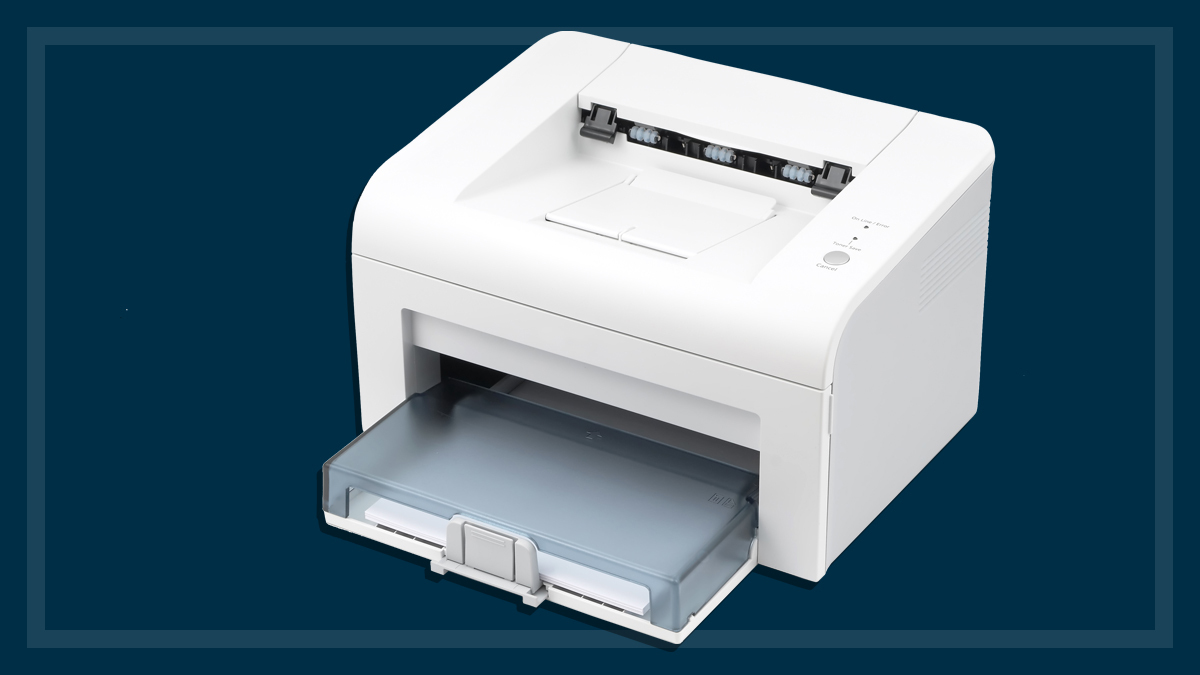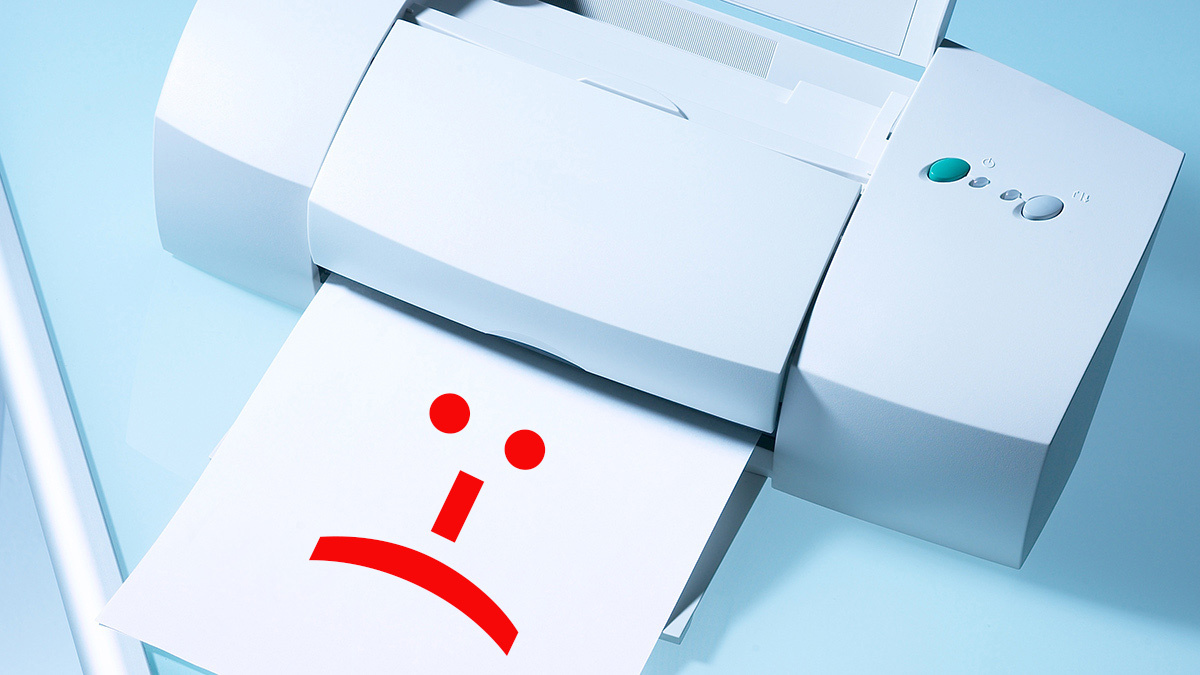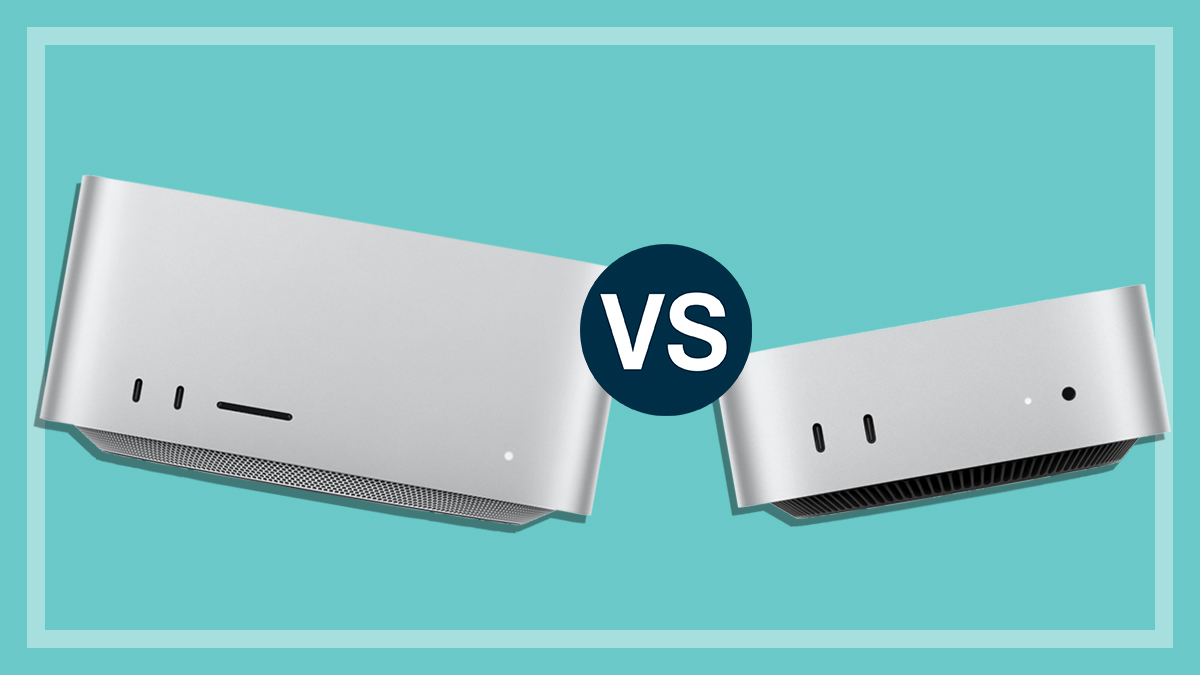Get our independent lab tests, expert reviews and honest advice.
How we test cloud backup

What is cloud backup?
Computers can suddenly die for any number of reasons, taking your data with them. Storage drive malfunctions, power surges, and accidental spills are just a few ways you could be left with an expensive brick where your files used to be.
If you have important documents, photos, videos or other files, backing up your data is a must. You can do this using an external storage drive that plugs into your computer, but you can also back your files up using an online cloud service.
Cloud backup services let you automatically copy certain files, folders or even your whole computer to the cloud. Some can also capture a system image – an exact copy of a drive, including its operating system and any drivers it needs to run, though this often isn’t necessary and can be a hassle if you don’t need it.
Though there can be feature overlap between Cloud backup and Cloud storage (sync) services, they are not the same
Cloud backup is not to be confused with Cloud Storage (sync) services such as DropBox, Google Drive, OneDrive, BoxNet and the like, which keep data on your computer synchronised to your storage area in the cloud, where you can access it live from various devices linked to your accounts. This gives you an additional copy of your “live” files, but it’s not a true “backup” in the sense of desktop backup software.
Cloud backup, like its desktop backup counterpart, allows for features such as incremental backup, archiving and more.
Though there can be feature overlap between Cloud backup and Cloud storage (sync) services, depending on how the service is implemented, they are not the same.
They have some features in common (basically, keeping a copy of your files in the cloud) what makes a cloud backup service really good is not necessarily what makes a cloud storage (sync) service really good.
That’s why cloud backup and cloud storage (synching) are done as two separate tests, with the focus on their main purpose, despite any feature overlap. This allows us to test their core features for the purposes of comparative scoring.
Find out which services we recommend. Read our cloud backup reviews.
Our testers
Our expert computer testers have extensive experience in working with a wide range of consumer-level computer-related technologies, because it’s not just about how the computer works but also how it fits into your digital life.
How we choose what we test
We start by doing extensive market research to find the right services matched to the purpose, as well as which ones the public is searching for online.
Cloud backup services usually have multiple payment tiers, each with different features and data inclusions. We chose the cheapest plan from each service. As a result, we do not test based on data inclusions, as cheaper plans usually have significantly less data.
We look to include the most up-to-date and popular services available but there may be some changes to the pricing models as this is an industry in which prices can be highly volatile, sometimes changing even from week to week.
How we test
This test is not aimed at finding you an online synchronised storage solution, as this comes with a different set of parameters. Where cloud storage is like having a copy of your files kept up to date in the cloud, cloud backup is like a safe where you keep carbon copies of precious documents, except it’s for digital files and folders.
Our testers look at security, ease of use, performance and the versatility of features.
Test criteria explained
The overall performance is made up of a combination of the following:
Ease of use (60%)
Ease of use is judged by going through the setup (10%), backup (45%) and restore (45%) processes of each service; we primarily look for an intuitive interface with obvious options for selecting and unselecting files and folders
Performance (30%)
Performance is made up of upload (backup) and download (restore) scores (95%), as well as a system impact score (5%), which takes into account the available bandwidth and system controls for each program.
Versatility (10%)
Versatility is judged by looking at what else each program can do: drive imaging, backing up USB and NAS drives, backing up to a local location, seeding and physical media delivery, and the capabilities of the mobile Android and iOS apps of each vendor.
Our test lab
We maintain our own lab that is up to date with the latest reference machines and calibrated measurement tools for our testers to bring you the right results.
For any testing required where we don’t have the necessary in-house skill or equipment, such as for batteries, we use an external expert lab.

